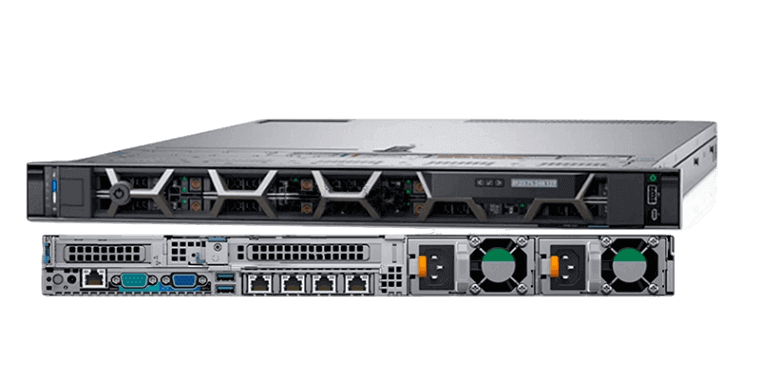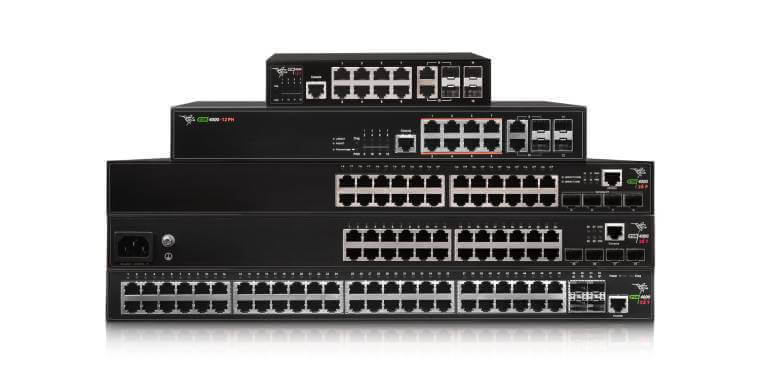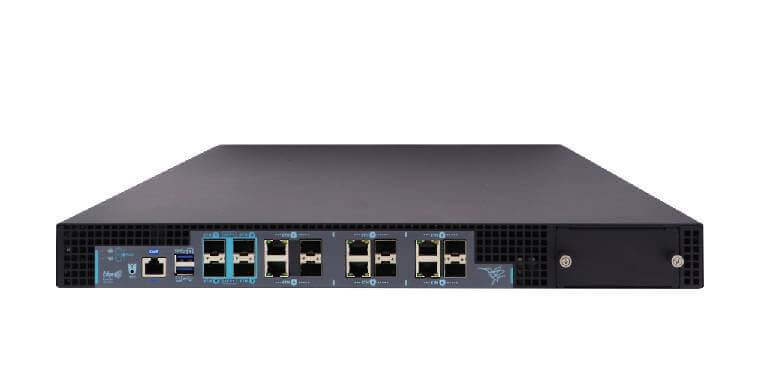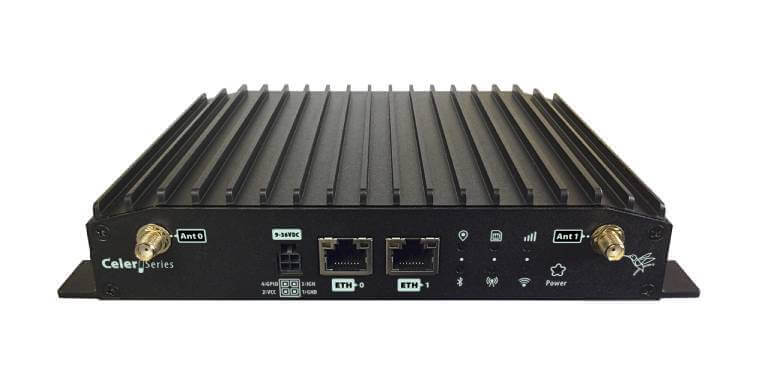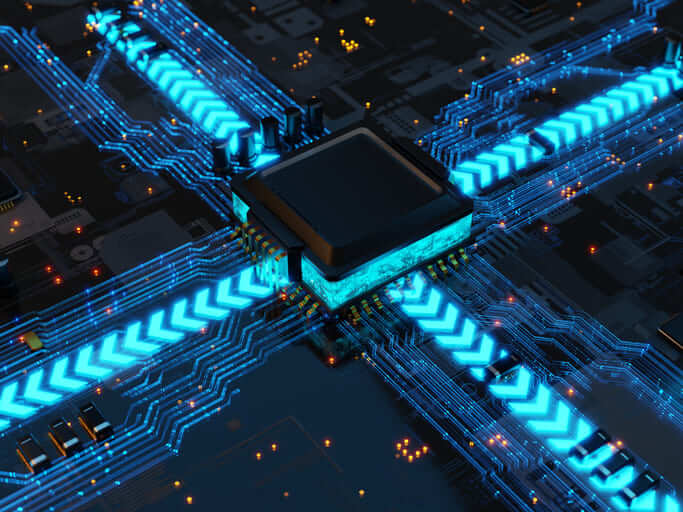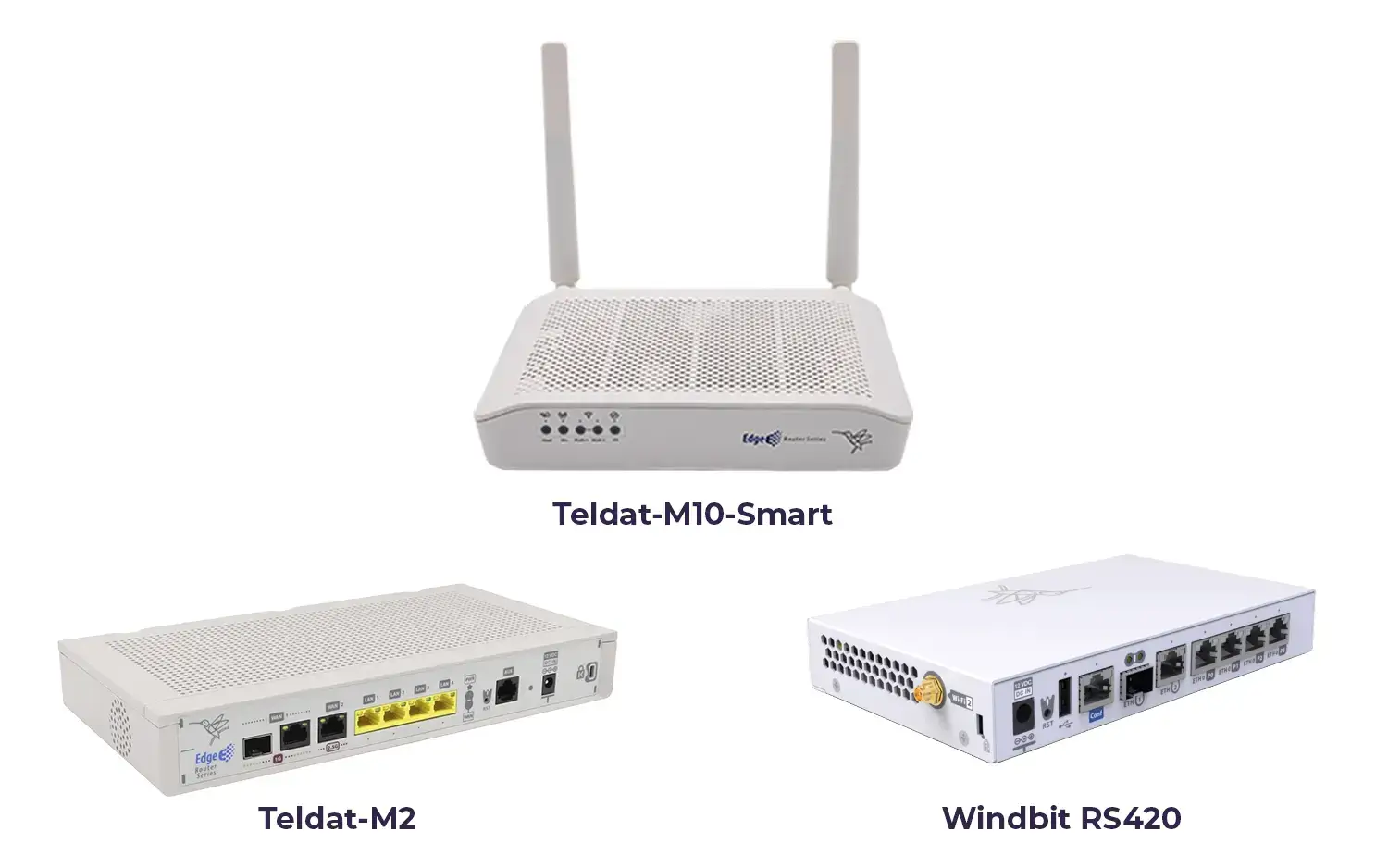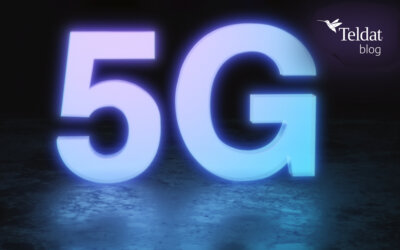The 5G Challenge
Teldat has new and advanced best 5G network solutions for corporate services and is pushing for an intelligent and completely interconnected world.
5G connectivity: A Breakthrough in Cellular Networks
5G is the new generation mobile network. 5G offers higher performance, as well as ultra-low latency, more reliability, massive network capacity, and increased availability.
- A new technology that everyone will take advantage of and that will improve our quality of life.
- The first time everything can be interconnected with good quality and security.
- The best user experience ever.
- Each new customer segment can enjoy services especially adapted for them.
- A breakthrough that will empower new business opportunities.
5G Solutions
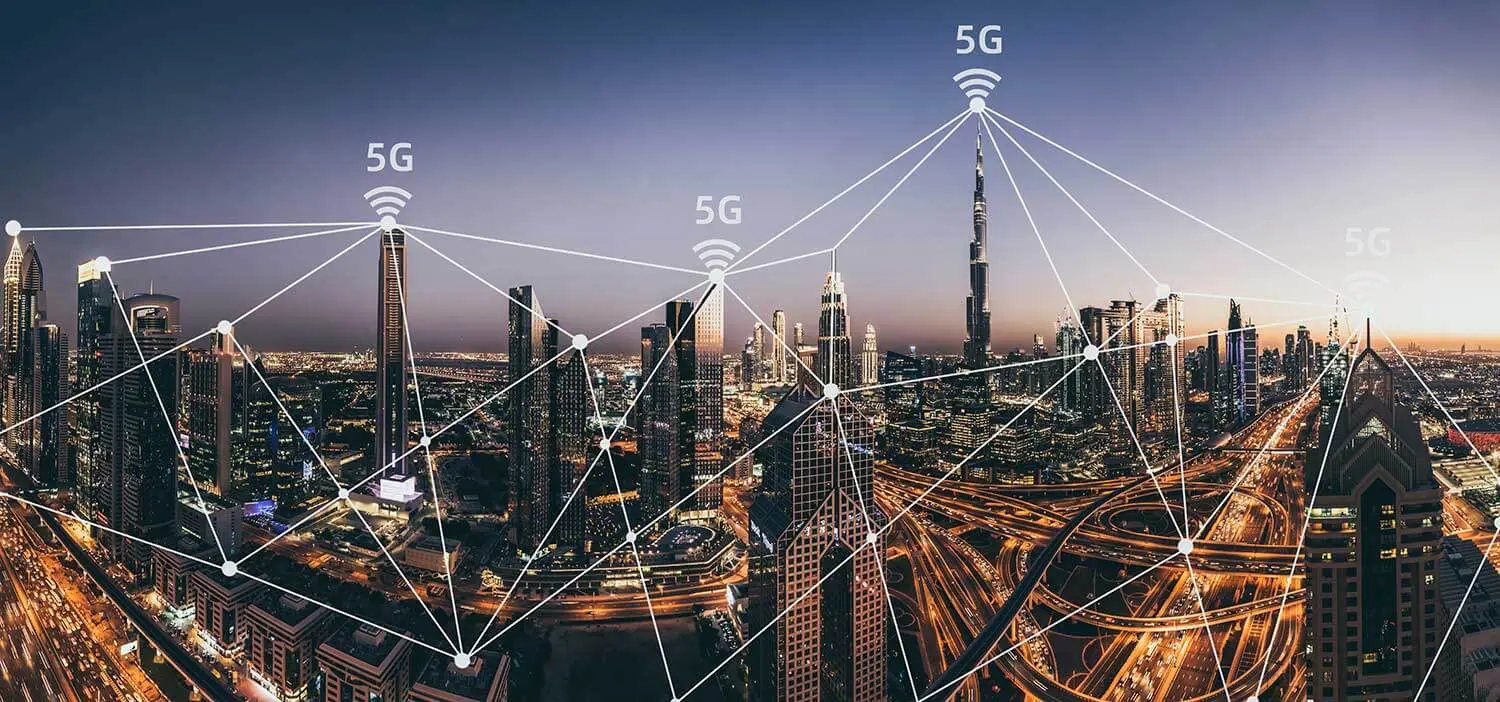
FWA for Enterprise
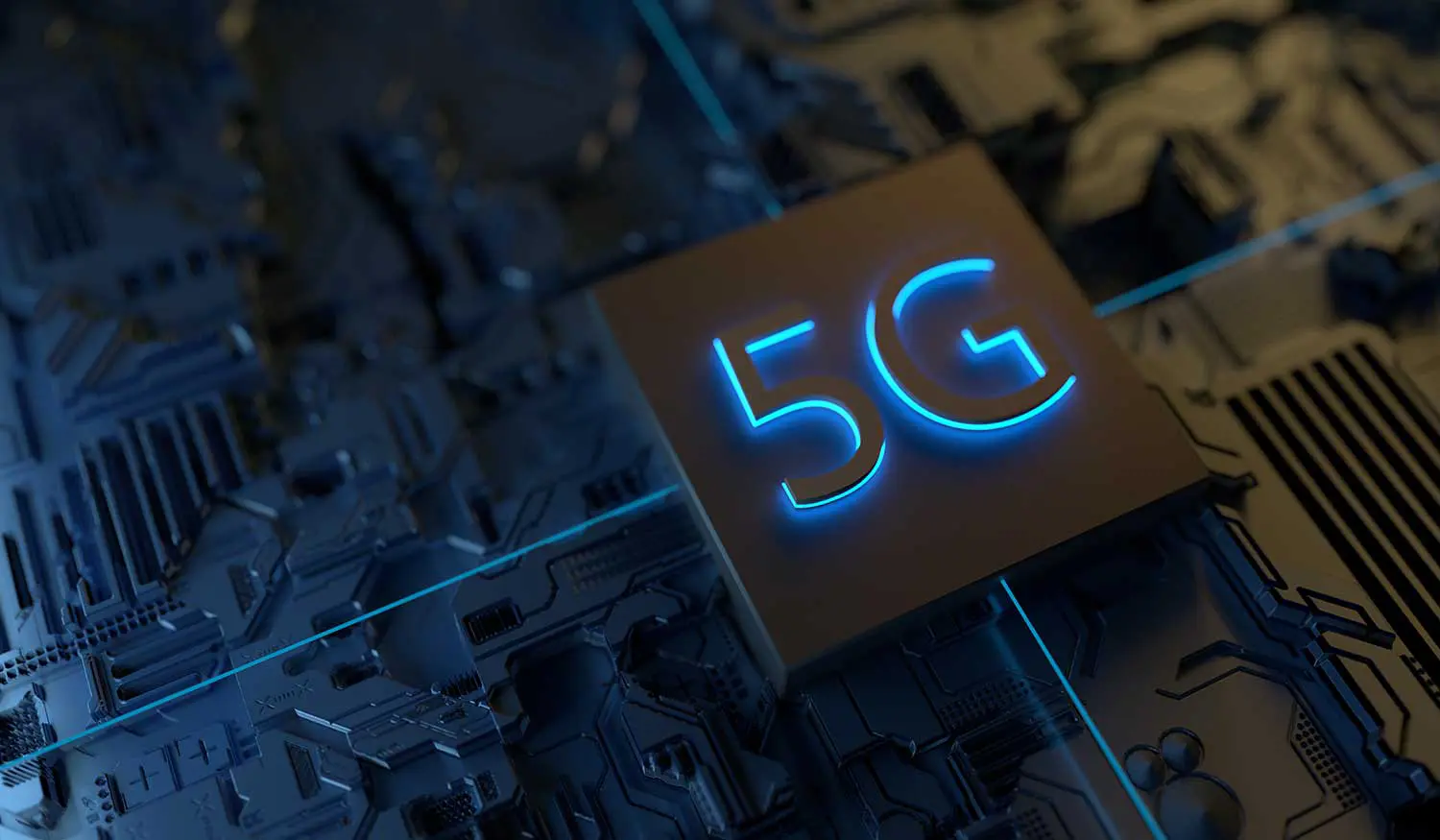
5G Network Resilience

WWAN for Enterprise
What are the important points related to 5G?
Up to 10 times Faster than LTE
High throughput bringing more uniform, multi-Gbps peak rates, enabling customers/end-users to download content more quickly.
Much Lower Latency. Below 1ms
Better user experiences, opening the door to new ideas, and empowering business opportunities.
High Density and Traffic Capacity
More devices per square meter and more effective and efficient network scaling against increasing traffic demand.
Spectrum and Energy Efficiency
New technology with optimized radio resources and more efficient processing with lower energy consumption.
Understanding 5G
Extreme Data Rates
eMBB is one of the major 5G set of use cases. It is the evolution from LTE and now it can provide mobile gigabit broadband speeds, not only in limited areas but everywhere.
5G uses higher spectrum waves (mmWaves), beamforming, and small cells that will enable a higher capacity in densely populated areas, higher user mobility for services in moving vehicles, greater scalability, and enhanced connectivity. With these advantages, 5G will permit telecom operators to provide new solutions to customers’ challenges with the best quality experience.
One of the most relevant 5G new services is Fixed Wireless Access (FWA). It will make a big impact on global markets, delivering speeds comparable with fiber WAN services over vast coverage areas using the high end of the spectrum.
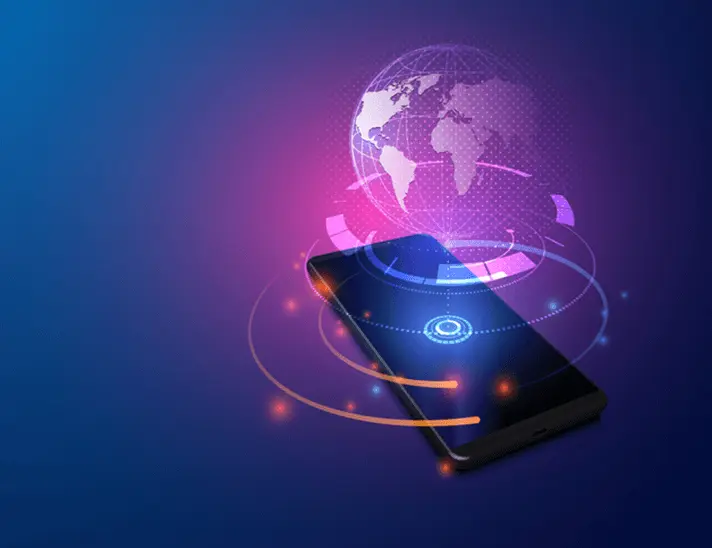
Ultra-high Density and Energy Optimization
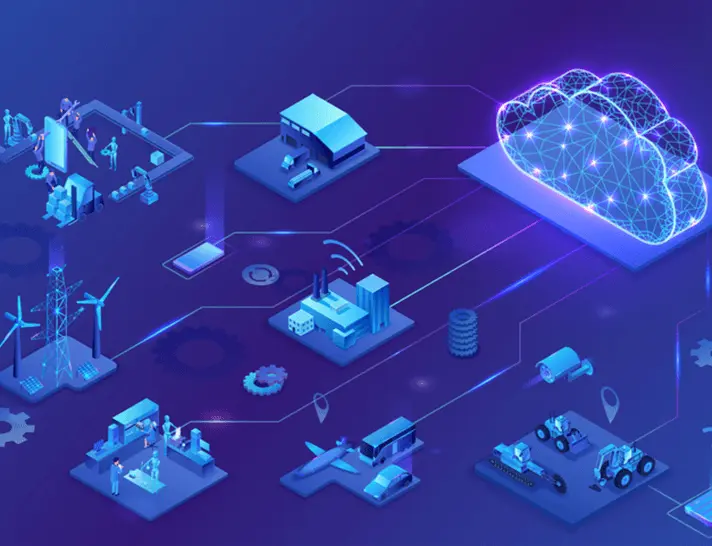
Massive IoT includes connected wearables, cars, home-cities, industrial sensors, etc., that can increase to several billions of devices in 2020. They belong to a category of use cases driven by scale rather than speed or delay.
Massive IoT requires deep coverage and density to support many connected devices that can have limited battery life. In this situation, a 5G network drives the scenarios perfectly, through its low power requirements and the ability to operate in licensed and unlicensed spectrums.
One of the most important challenges concerns security and data integrity. Companies investing in Massive IoT should include protocols and tools to maintain consumer confidence and avoid unauthorized access.
Ultra-low Latency and High Reliability (URLLC)
URLLC focuses on two of the most promising 5G capabilities: a latency of 1ms or less and an ultra-responsive connection. URLLC is probably the hardest feature to get in 5G. It requires multi-connectivity, redundancy, and carrier aggregation in radio access, but also a very good quality of service (QoS), totally different from mobile broadband services. URLLC can offer very good mobility to critical end devices, especially when data rates are not expected to be very high.
The potential applications are enormous and it opens up a range of connection possibilities and services not previously known. It includes autonomous driving, industrial automation, mission-critical applications, tactile interaction, remote medical assistance, mobile edge computing….

Cellular Solution & Teldat Products
The Ultimate Corporate Router with 5G FWA for Enterprise
Today telecom operators have services with the latest technology for their customers. The new 5G mobile network offers similar connectivity to fiber in a simpler and more accessible way for the customer. That’s why multiple offers of new services such as FWA (Fixed Wireless Access) will appear on the market in a short time.
These new business opportunities require devices like the Teldat M10Smart-5G, a current edge-router designed for corporate cloud services that now supports wireless broadband services with a 5G interface.
5G networks are not easy or economical to deploy, the new Teldat-M10-Smart-5G is the best corporate device for telecom operators, allowing scheduled migration from LTE to 5G with both NSA and SA modes, DSS support and carrier aggregation.
The Teldat-M10-Smart-5G family edge is the complete solution for all data services through a single platform, including dual WAN Combo ports, 5G and a dual-band access point for corporate connectivity or guest services.
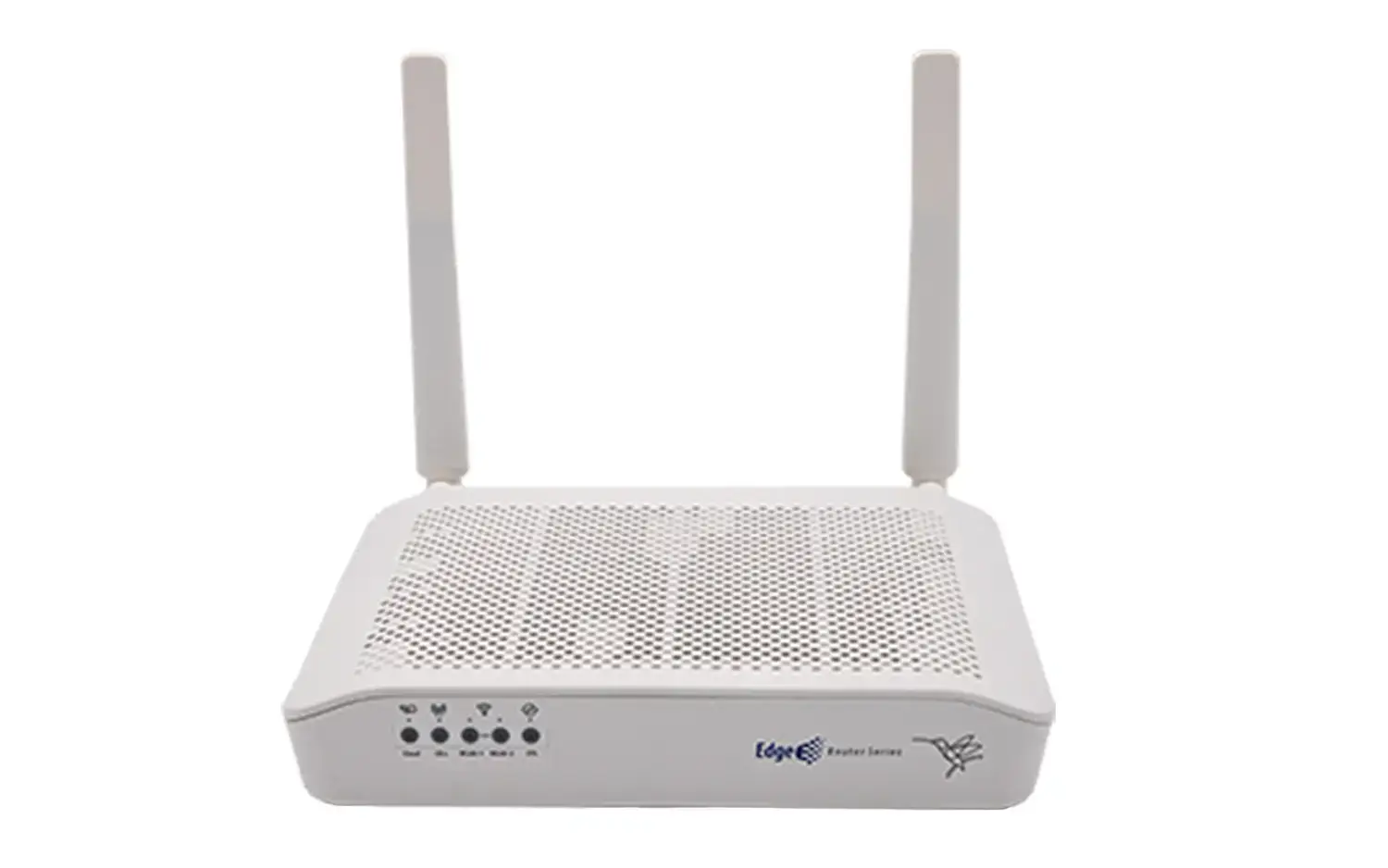
Compatible 5G Enabler for Routers with No Built-in WWAN Interface
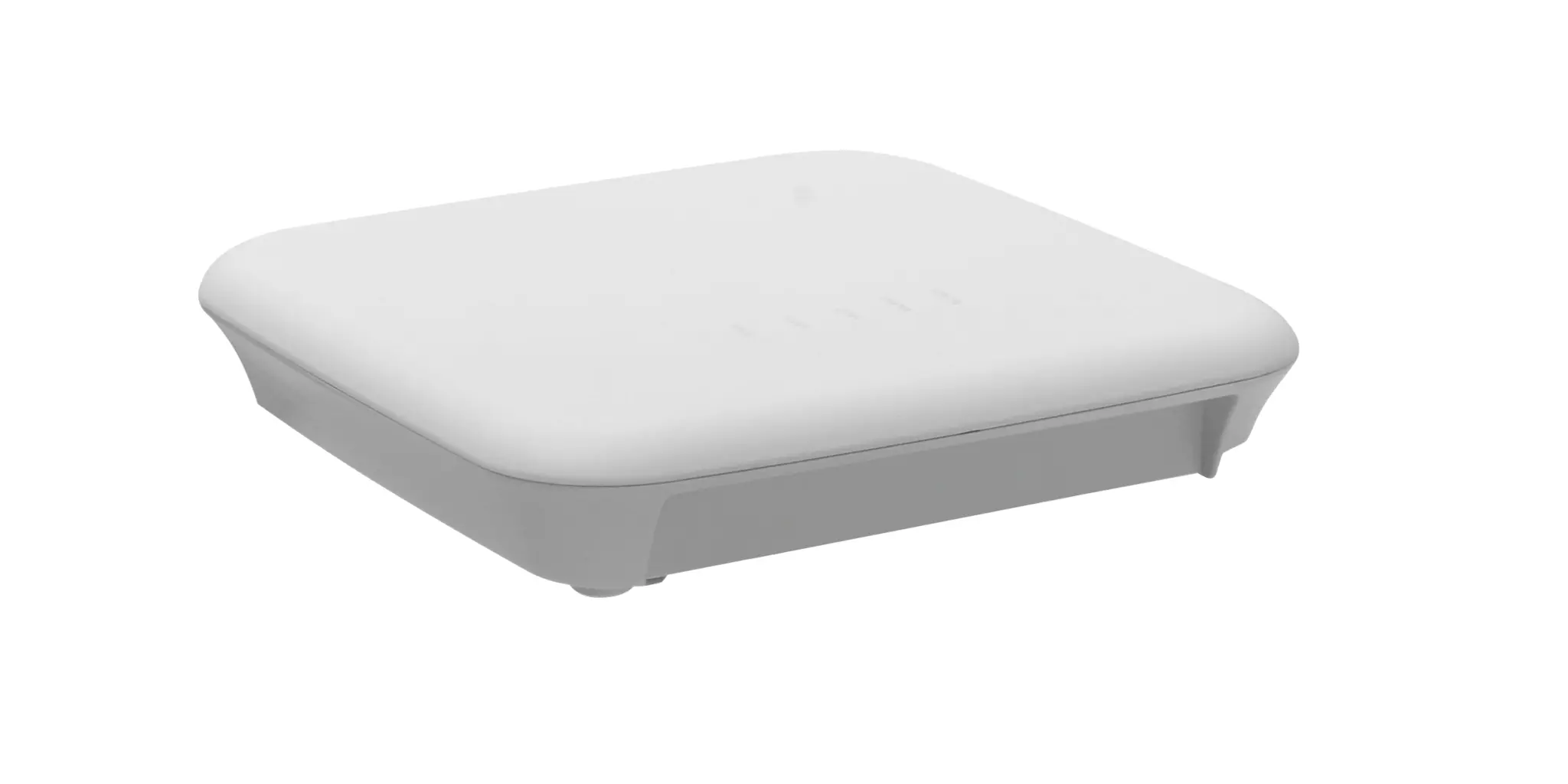
The new 5G network is the ideal infrastructure for fixed connections and backup, especially for broadband services – eMBB or mission-critical control scenarios – URLLC.
Unfortunately, corporate routers are not usually equipped to handle 5G connections or are installed in poorly accessible locations, making coverage poor. This problem is manifested even more so in 5G networks because high frequencies have problems entering buildings properly. Teldat-5Ge is the optimal solution to this problem because it connects the corporate router to mobile networks easily, economically and non-intrusively.
Teldat-5Ge integrates mobile connectivity—it supports power-over-ethernet (PoE) and can be installed wherever there is adequate network coverage, using the LAN infrastructure to connect to the corporate router.
Teldat-5Ge has two operational modes, as a 5G-enabler, working together with the office branch router, or as a router itself, integrating all communications in only one device.
LTE/4G WWAN for large or SME sites where 5G is still not available
LTE/4G connectivity is normally still available where 5G is not. Both LTE or 4G cellular networks can offer enterprises broadband for both main line or as failover connectivity. Whether for permanent scenarios or for temporary set ups.
Teldat has a long experience in Wireless WAN devices. From the when data started to be transmitted on GPRS cellular networks. With LTE / 4G devices, the amount of scenarios in which our routers can be deployed has increased considerably.
Whether for main line or resilience cellular broadband, our Windbit RS420,Teldat-M2 and Teldat-M10-Smart routers offer connectivity to 4G/LTE with the same advanced IP networking offered on fixed lines.
Apart from resilience or temporary scenarios on LTE/4G, which are used by many types of industries, these cellular networks are used as main line connectivity for market segments that would find it very difficult to operator if they had to use fixed line networks. For example, remote bank cashpoint machines, lottery industry, gaming and events in general.
Use cases
Fixed Wireless Access
The new Teldat 5G network is an important opportunity for mobile operators to compete against wired broadband providers with a cost-effective solution: fixed wireless access – FWA.
Thousands of customers without current WAN access or who have obsolete/poor connectivity will enjoy now a new experience. Mobile operators can deliver high-value services to homes, Small Offices/Home Offices (SoHo), and small-medium companies (SME’s) offering the customer/end-users gigabit speeds similar to fiber in a simple and fast way.
This will enable end-users with 5G FWA to enjoy media-rich applications, cloud gaming, or critical data tools.
Immersive Experiences
For many end-users, 5G technology is synonymous with Extended Reality (XR): Augmented Reality (AR), Virtual Reality (VR), and Mixed Reality (MR).
Now, objects and people will not only be in front of us, they will move and interact around us, increasing our emotional experience. With 5G networks, this will be the first time that a mobile network holds the potential to remove the previous capacity limitations to enjoy XR as an end-user. However, 5G and XR will also be applied in manufacturing and other corporate scenarios.
New numerous business opportunitieswill develop, resulting in increased company revenue for those who know how to adapt to this new market reality.
Remote Control
Teldat 5G networks allow massive IoT and URLLC services, so many devices can be connected to a global network and be controlled remotely.
In many situations, humans cannot be present in dangerous or inaccessible scenarios (e.g., deactivating explosives). In these cases, drones or remote-controlled robots with 5G connectivity would be the solution. Industrial machinesfor remote automation, processing, and line failures, operated from remote sites, will increase efficiency and security. Massive IoT deployment in agriculture and smart energy would be other types of remote control scenarios.
Overall, 5G technology will allow companies to innovate applications using machine remote control.
Connected Vehicles
Technology should allow us to make better use of our roads. Teldat 5G allows full connectivity in a vehicle.
We can currently obtain a location, driver behavior, or engine diagnosis, but with 5G a car can start talking to its surrounding environment with vehicle-to-everything (V2X) communication. Vehicles-to-infrastructure (V2I) will permit vehicles to share information with road infrastructure (traffic lights, parking meter, speed controls, etc.), while vehicle-to-vehicle (V2V) technology will allow connectivity with other road users; cyclists, pedestrians, other vehicles.
Hence 5G should make roads safer, faster, more energy-efficient, and is the basis of fully autonomous driving.
Cloud Robotics
With the rise of Machine Learning (ML) and Artificial Intelligence (AI), many robotic systems can function in a nearly autonomous state.
Using 5G and an edge cloud router, cables are not needed and robots for Smart Manufacturing can be controlled and re-programmed to assist from anywhere. Control and also some data processing can be outside the factory. Hence, this should make Smart Manufacturing less complex and cheaper. 5G robotic systems can exchange huge volumes of data, improving ML and making quick and critical decisions.
This will bring robots into next-generation manufacturing environments to do far more than they can today.
eHealth
Teldat 5G opens new horizons for eHealth in all aspects, not only for patients but also for all healthcare infrastructures.
This technology allows patients to connect virtually with doctors and other healthcare service providers (communicating via real-time video or live chat) and to have real-time remote monitoring of their vital signs. With 5G, antiquated healthcare systems will turn into smart hospitals that can deliver remote healthcare services to patients around the world.
As a result, critical healthcare services, like the care of covid-19 patients, can be delivered more efficiently, meaning the difference between life and death for many.
Read our latest Blog Posts
5G Red Cap: The Future of IoT Connectivity
The advent of 5G technology has transformed the world of wireless communications, promising unprecedented speeds, low latency, and the ability to connect numerous devices simultaneously. However, not all IoT applications require the full spectrum of 5G capabilities....
5G Networks – Cybersecurity Solutions and Threats
The arrival of 5G networks is set to shake up global connectivity, delivering unprecedented speeds, the ability to connect a vast number of devices, and ultra-low latency. However, this new technology also introduces a series of cybersecurity challenges. This blog...
Latest Advances of 5G Plus
After years of ongoing discussions about 5G, and even some early talk about 6G in certain circles, this year has introduced a new buzzword: 5G Plus. As we enter the post-summer season and witness more carriers announcing their offerings on this cutting-edge network,...


